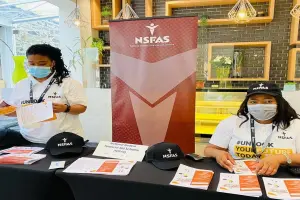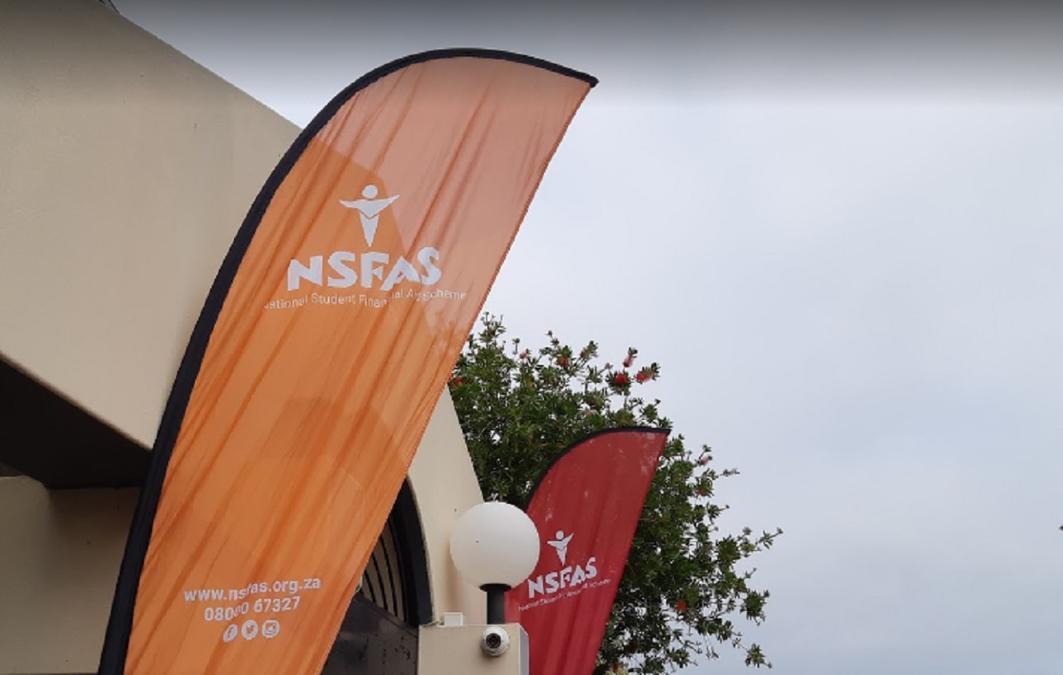With the start of the 2023 academic year approaching, the National Student Financial Aid Scheme has indicated that it strives for a hassle-free year. In order to accomplish this, the scheme has proposed a number of policy changes and initiatives.

Over the years, Nsfas has faced a number of challenges and backlash, particularly with regard to student accommodation and housing providers.
During a parliamentary meeting held with various stakeholders, it was revealed that at least seven universities indicated a shortage of student accommodation during the 2022 academic year.
According to Nsfas CEO Andile Nongogo, Nsfas spends a significant amount of money on student accommodation and therefore it should have a major influence on how the funds are spent.
“Last year, we spent approximately 12 billion on student accommodation, yet we had no say in costings and we were not part of the process of accrediting accommodation,” said Nongogo.
As a result, the scheme has decided to be fully involved in the process to manage costs and prevent fraudulent instances, as it plans to do this through its administration.
“The 2023 Eligibility Criteria allows NSFAS to centralize the accreditation of private student accommodation, it’s grading, and determination of value and costs for the listed accommodation,” he said.
The scheme also plans to increase student accommodation capacity for Nsfas beneficiaries.
Many have raised questions about the scheme’s readiness and plans to execute all the new policy changes and the capacity of NSFAS to manage student accommodation allocations directly.
Responding to concerns, Nongogo explained that the scheme has developed an online Student Accommodation Portal, which will allow the accreditation of accommodation providers, grading of the planned lodging, and allocation of accommodation to all students.
Additionally, students will also be able to use the portal to log any queries or complaints related to their allocated accommodation, such as maintenance requests and relocation requests, on the portal and this process will apply to both privately and institution-owned accommodation.
Universities South Africa (USaf) suggested that NSFAS considers University accommodation and University-leased accommodation first before private accommodation to ensure that public infrastructure is appropriately utilized.
READ ALSO:
Demzyportal Category: NSFAS
